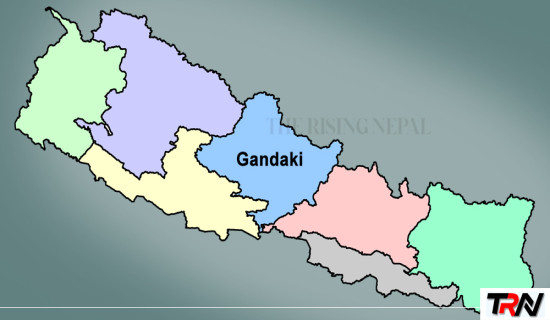- Saturday, 14 June 2025
Nepal ranks 150th in AI Readiness Index
By Narayan Prasad Ghimire, Kathmandu, March 2: Nepal has been ranked 150th out of 193 countries in the Government AI Readiness Index, 2023.
The report published by Oxford Insights shows the US in first position with an 84.80 total score, while Singapore is second in the index with an 81.97 total score.
Nepal has a total score of 30.77.
In the Index, the total score is calculated from three bases- the government pillar, the technology sector pillar, and the data and infrastructure pillar.
With a total score, of 30.77, Nepal has achieved 31.04 in the government pillar, 24.21 in the technology sector pillar, and 37.06 in the data and infrastructure pillar.
In the previous year, 2022, Nepal had secured 139th position out of 181 countries in the Government AI Readiness Index. The total score was 30.75 where Nepal got a 30.88 mark under the government pillar, a 23.50 mark under the technology sector pillar, and a 37.88 mark under the data and infrastructure pillar.
It was Afghanistan at the bottom (181st rank) with a 13.46 total score in 2022, while the Democratic Republic of Korea at the bottom (193rd) with a total score of 9.20 in 2023.
India is ranked 40th while China is 16th in 2023, while they were ranked 32nd and 17th respectively in 2022.
The three pillars were analysed by setting different dimensions. Under the government pillar, there were four dimensions- vision, governance and ethics, digital capacity, and adaptability. Similarly, the technology sector pillar comprised three dimensions- maturity, innovation capacity, and human capital. The third pillar, data and infrastructure, has also included three dimensions, infrastructure, data availability and data representativeness.
A total of 39 indicators were set for 10 dimensions under three pillars.
The report collected data from various sources, including the OECD AI Policy Observatory, the UN IDIR AI policy portal, the Global Cybersecurity Index, Worldwide Governance Indicators, the UN e-Government Survey, the Network Readiness Index, the International Telecommunications Union, and the World Bank.
The Index has mentioned the developments relating to AI in all sorts of countries ranging from LDCs to emerging economies to developed ones.
Persisting global digital divide
In the finding, the report stated, "Half of the AI strategies that were published or announced come from low and lower middle-income countries. The scores in the Data and Infrastructure pillar show a substantial difference between high and low-income economies, illustrating an existing global digital divide."
At a time when most countries are swayed by the modern buzz, of AI, and striving to both promote and regulate AI irrespective of their capacities, the Index is expected to cater relevant knowledge to the government, private sectors and researchers.
Oxford Insights is a UK-based organization working around the intersection of technology and government and generating global-scale study reports. (RSS)

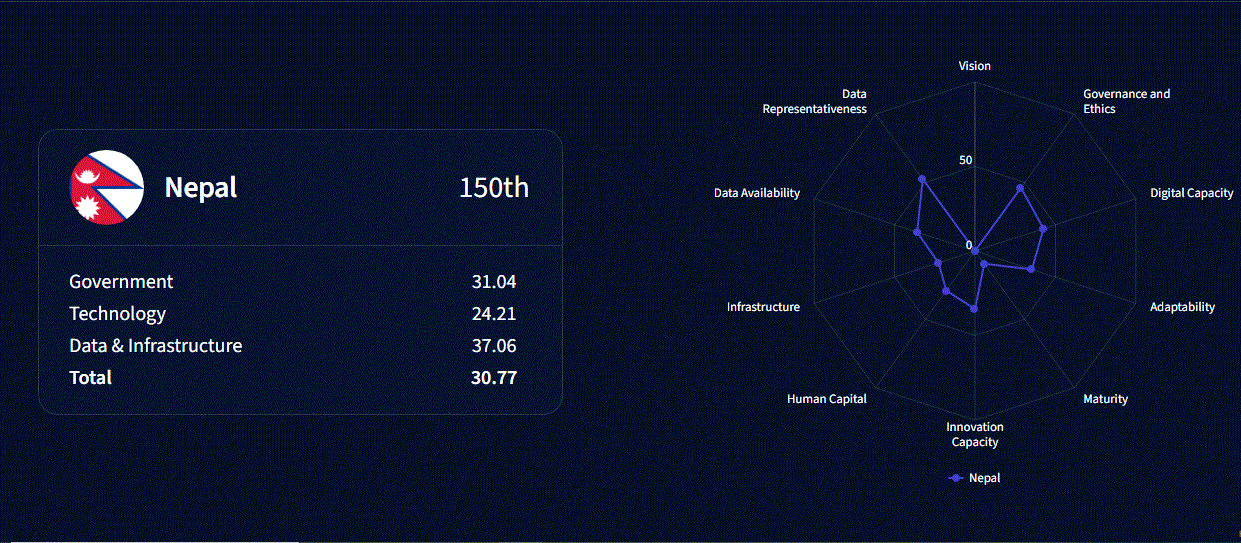

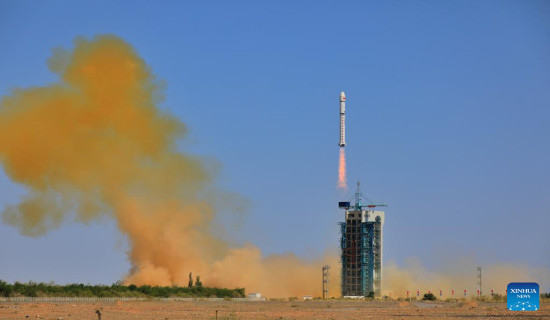
-square-thumb.jpg)
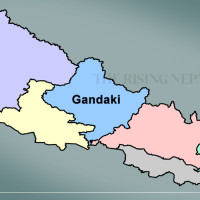



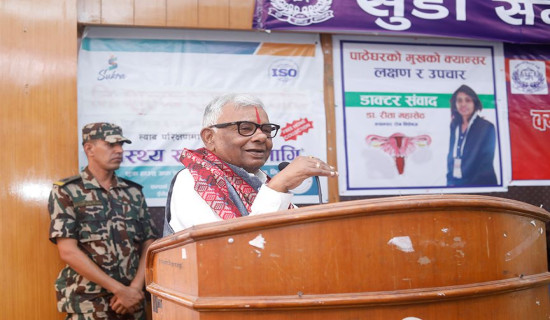


-original-thumb.jpg)
-original-thumb.jpg)


